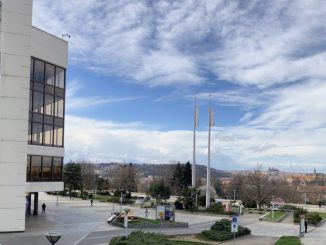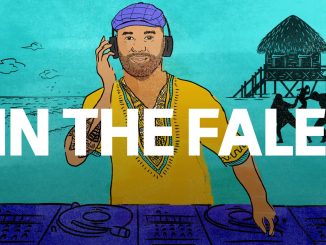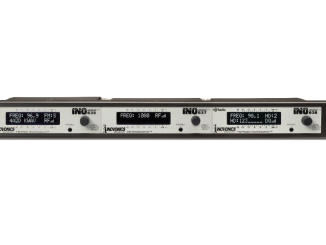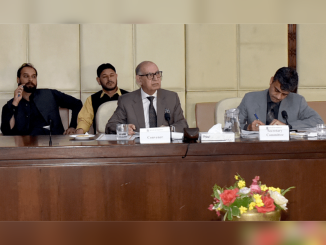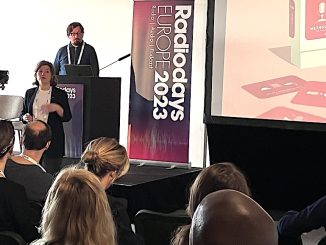
Podcasters discover new tips and tricks at #RDE23 workshop
In a podcast workshop on Day 1 of Radiodays Europe, DW Akademie introduced a process to help podcasters streamline their creation process.The DW Method Kit encourages podcasters to distill the process down to its components by using a series of cards laid out on a table. “We use it to stimulate things that a podcaster must think about in their production process,” DW Academie’s Julia Minner and Ola Möller explained.A South African podcaster, who has used the method told participants, “it made me think about how to create a podcast series differently and communicate it to people.”The cards cover the many steps required from development through production to publishing. Workshop participants wrote their questions and tips about each step on the table, making them available to others for learning and discussion.Some of the valuable points that emerged from the process included:How frequently should you publish? Set a frequency that works for you then stick to it, it can be once a week, daily, monthly, but keep it consistent.Don’t try to copy trends. A lot of tips flowed from the ‘originality’ card. “If you can find what makes you unique, you will find that other solutions will flow from that.”For audio quality, use good but low cost equipment “such as Rode, rather than using just your phone to record your podcast.”Independent podcasters can work with advertising agencies to find sponsors. “I finance my daily podcast by working directly with agencies… I don’t take political advertising or other types of advertising that are not in line with my podcast, based on my ethics.”Use targeting and re-targeting techniques on social media to reach your market.Use a QR Code to link to your podcast, make posters with the QR code and put them in locations where your audience goes.In Germany, ad rates (CPM) for podcasts are more than the current CPM radio advertising payment rates.Some of the key points for podcasters to think about include:DEVELOP
Branding
Cover Art
Duration
Episodes
Goals
Impact
Metrics
Pitch
PRODUCTION
Audio Quality
Equipment
Editing
Sound Design
Location
Research
PUBLISH
Communication Channels
Community Engagement
Episode Titles
Platforms
Promotion
Teasers and Trailers
DW has developed a detailed kit from the training activity that is available to podcasters. For more information contact DW Akademie.The Method Kit is available for free from DW here. […]

